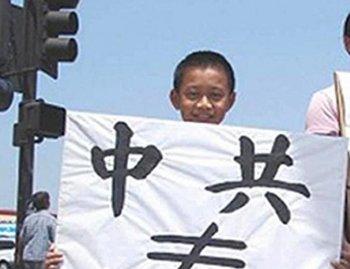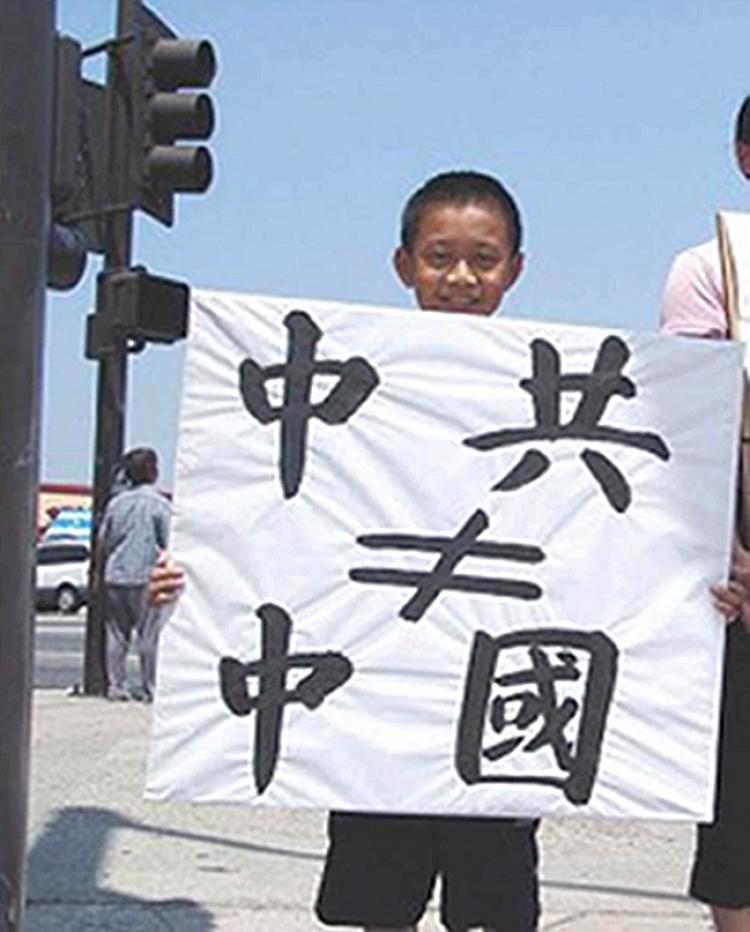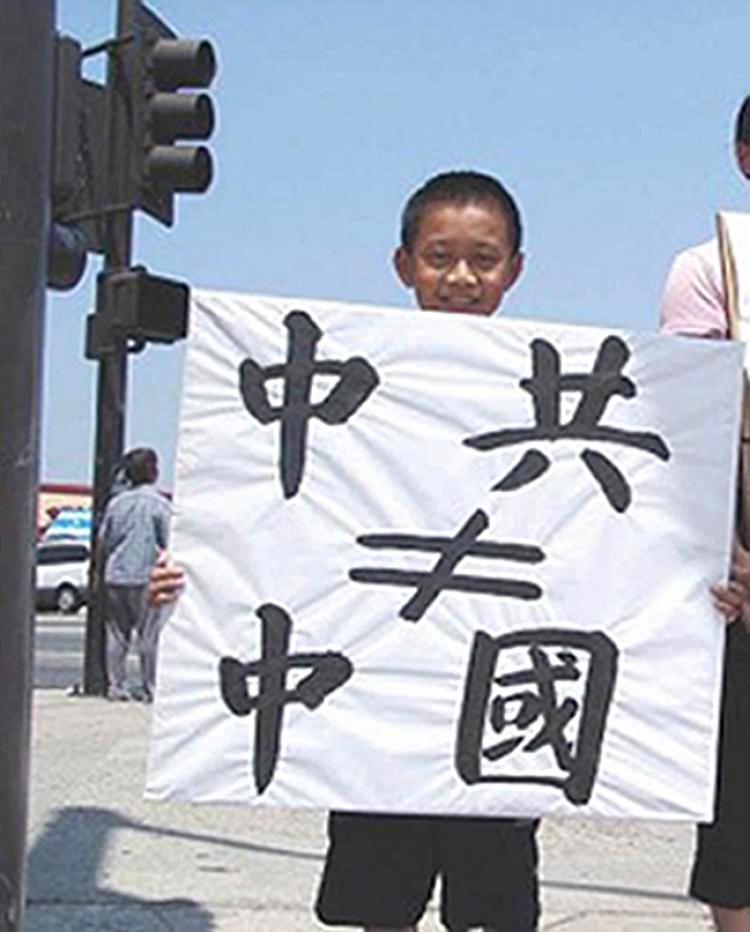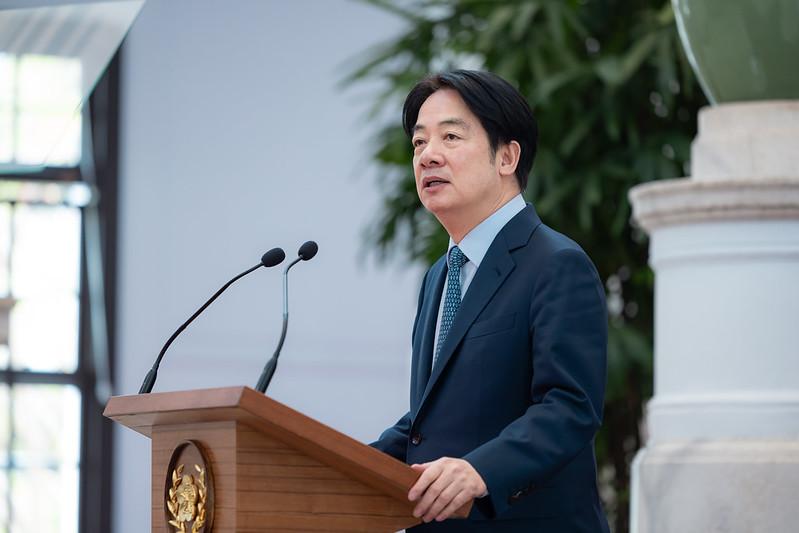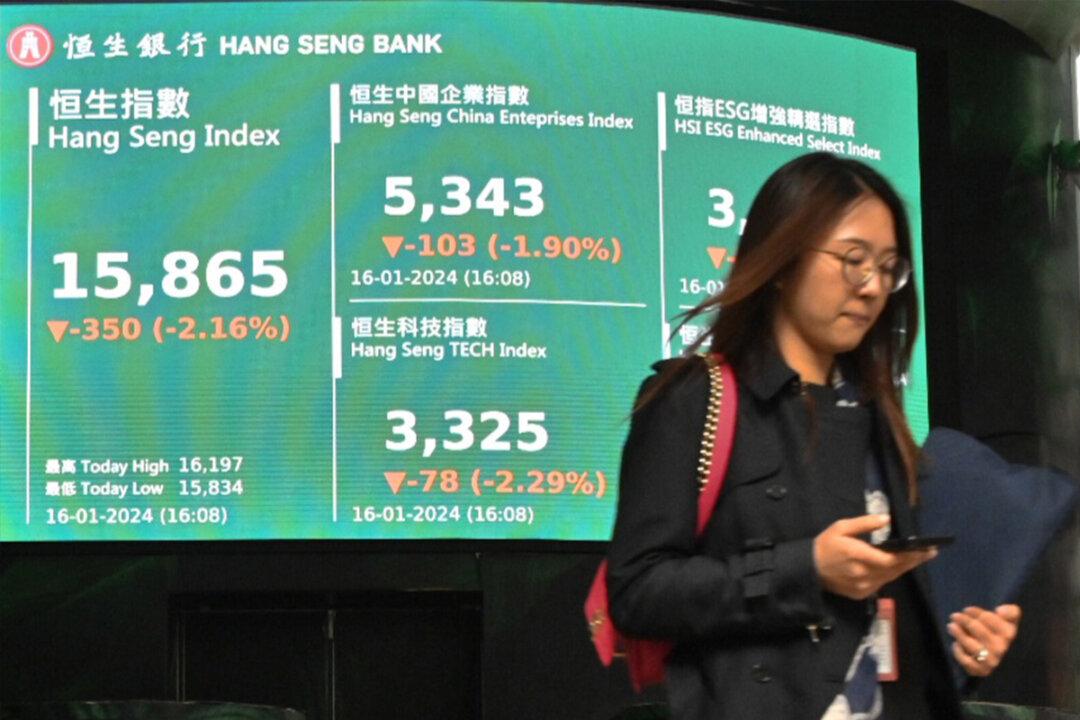In spite of the Chinese regime’s tight grip on media within China, on rare occasions a few mainland media have dared to print articles critical of the regime’s authority. Southern Metropolis Daily, also known as Southern Metropolitan Daily, is one of those.
The paper published an article on April 11 that has Internet users and other observers astir about references to the regime.
Historian Hong Zhenkuai authored the commentary titled Love for the Country Does Not Equate to Love for the Imperial Court. He stated that the imperial court may change, but China will continue to exist. He concluded by saying, “The patriotism of the people should be directed toward the country, not the Imperial Court.”
The article began by pointing out that the Chinese have always confused the relationship between ruler and country, mistakenly thinking that love for one’s country means loyalty to the ruler. Hong also alluded to brainwashing by the regime.
The article quoted Chen Duxiu, founder of the Chinese Communist Party (CCP), who said, “The country we love is one that seeks to benefit the people, not one where people must sacrifice for the nation.”
Hong said, “The people must have the power to monitor the government. The most effective way of monitoring the government is an election to choose who will hold the power of government.”
Public acknowledges courage
Chinese Internet bloggers have widely praised the author and the Southern Metropolis Daily for their courage. Some comments follow:
”We have often confused the relationship between the country and the party. These are actually two separate concepts, although our education has blended the two into one.”
“The Truth Department” (a reference to the Central Propaganda Department) says on a daily basis that to love the country, one must love the communist party. I wonder how the Department will respond this time.”
”It’s been 100 years [since the end of the Qing Dynasty.] In the age of satellites and cable TV, we still need such fundamental education. Should we be happy or sad?”
”We have now been enslaved by the regime; if the people make up the country, then the regime has kidnapped the country now.”
Uncommon common sense
While the article did not touch on any current political issues, and its inferences would not be considered extreme in democratic societies, it may have struck a sensitive nerve for the regime. Many China-based websites have removed it from their sites.
Hong Kong-based Apple Daily reported that historian Hong Zhenkuai said the purpose of the article was to inform readers that many things that should be common knowledge have now been distorted. Misunderstood issues are promoted as truth. Common sense is confounded by divergent opinions. He expressed his personal feeling of obligation to help restore common sense.
To add to the confusion, since the CCP’s inception, the regime has intentionally confused the concepts of country and government, making it one concept for the Chinese people.
In a Sound of Hope interview, renowned human rights lawyer Guo Guoting noted that the issue of common sense is a pressing one.
“The Chinese Communist Party definitely does not equate to China, the country. [The party] is also not the Han ethnic group nor even the Chinese government. This is common sense from the perspectives of vocabulary, history, and law.”
In a Radio Free Asia interview, Professor Xia Ming from the City University of New York said that he hopes the regime will realize that throughout Chinese history, the turmoil between dynastic transitions was not caused by the people’s pursuit of democracy: it was a consequence of government corruption.
“The reason that so many scholars in China criticize the current ‘imperial court' is due to their fundamental love of this country: They don’t want to see the failures and mistakes of the government hold the whole nation and its people for ransom.”
Read the original Chinese article
